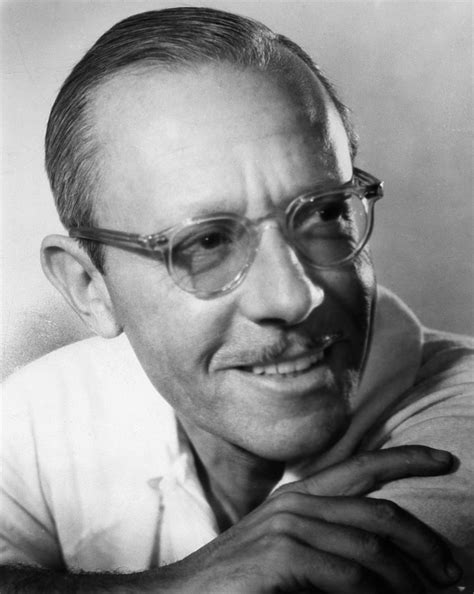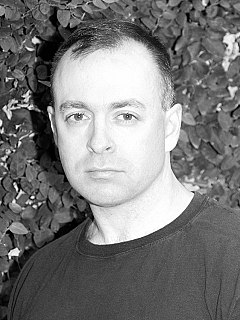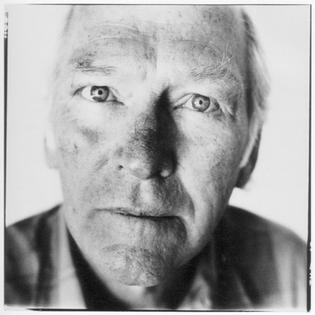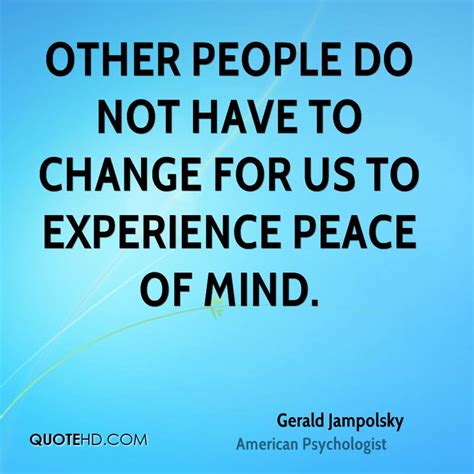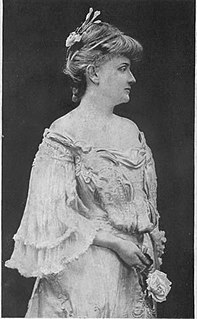A Quote by Gordon Allport
Reason adapts impulses and beliefs into the real world; rationalization, on the other hand, adapts the concept of reality to the impulses and beliefs of the individual. Reasoning discovers the true cause of our acts, rationalization finds good reasons for justifying our acts.
Related Quotes
Still, even the most admirable of atheists is nothing more than a moral parasite, living his life based on borrowed ethics. This is why, when pressed, the atheist will often attempt to hide his lack of conviction in his own beliefs behind some poorly formulated utilitarianism, or argue that he acts out of altruistic self-interest. But this is only post-facto rationalization, not reason or rational behavior.
If we, who live outside asylums, act as if we lived in a fictitious world- that is to say, if we are consistent with our beliefs- we cannot adjust ourselves to actual conditions, and so fall into many avoidable semantic difficulties. But the so-called normal person practically never abides by his beliefs, and when his beliefs are building for him a fictitious world, he saves his neck by not abiding by them. A so-called "insane" person acts upon his beliefs, and so cannot adjust himself to a world which is quite different from his fancy.
The measure of our rationality determines the degree of vividness with which we appreciate the needs of other life, the extent to which we become conscious of the real character of our own motives and impulses, the ability to harmonize conflicting impulses in our own life and in society, and the capacity to choose adequate means for approved ends.
Reason is universal because no attempted challenge to its results can avoid appealing to reason in the end-by claiming, for example, that what was presented as an argument is really a rationalization. This can undermine our confidence in the original method or practice only by giving us reasons to believe something else, so that finally we have to think about the arguments to make up our minds.
More and more people are beginning to feel that there must be another way of thinking, perceiving, and acting. And perhaps the beginning of another way of looking at the world is to re-evaluate all of our beliefs. It is, after all, our beliefs that determine what we are, experience, and expect. When we are willing to take a new look at our own beliefs, we then have an opportunity to begin rediscovering who and what we are and to redetermine our true purpose on Earth.
Rationalization is a cover-up, a process of providing one's emotions with a false identity, of giving them spurious explanations and justifications - in order to hide one's motives, not just from others, but primarily from oneself. The price of rationalizing is the hampering, the distortion, and, ultimately, the destruction of one's cognitive faculty. Rationalization is a process not of perceiving reality, but of attempting to make reality fit one's emotions.
My chief aim was to combat the view that there can be no true morality without supernatural sanctions. So I argued at length that the social, or altruistic, impulses are the real source of morality, and that an ethic based on these impulses has far more claim on our allegiance than an ethic based on obedience to the commands of a God who created tapeworms and cancer-cells.


